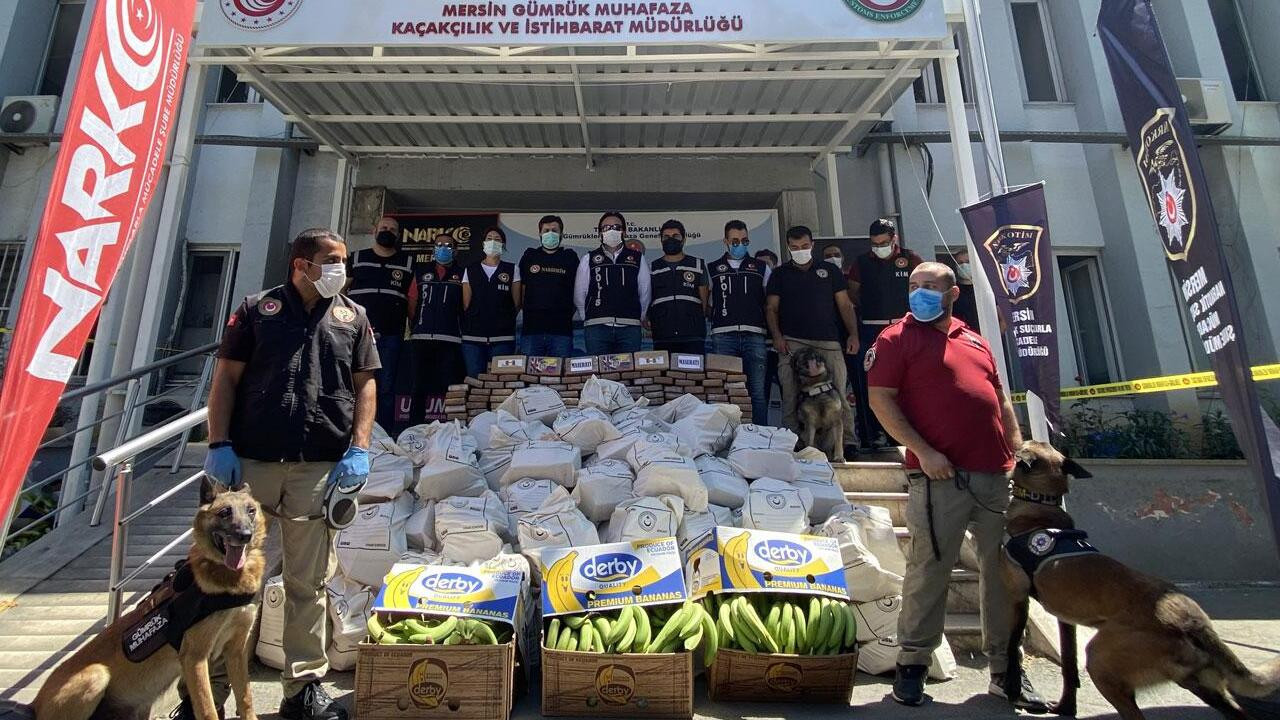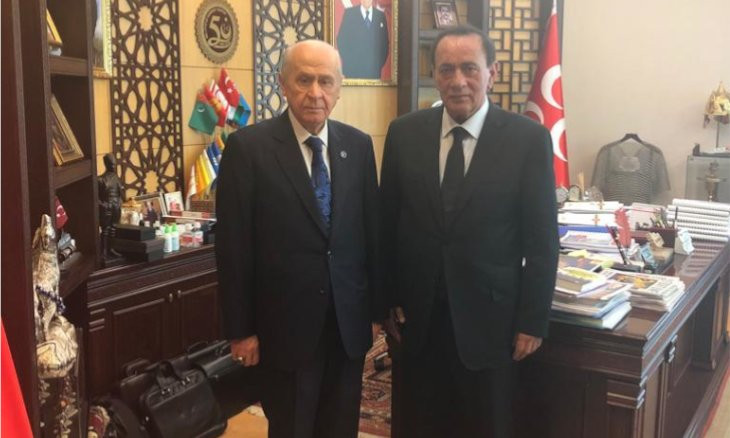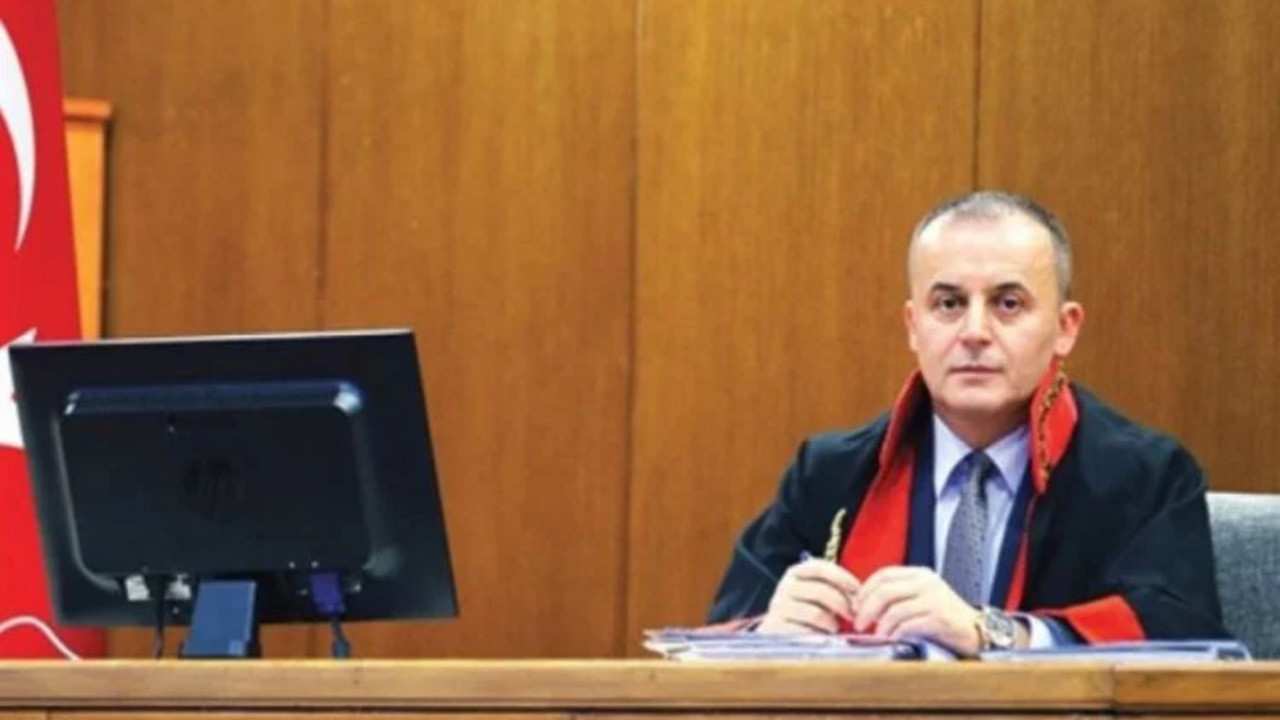Turkey takes top spot in Europe in organized crime index
Turkey was recorded as the country with the highest level of organized crime in Europe, according to the 2023 report of the Global Organized Crime Index.
Duvar English
Turkey ranks 14th among 193 UN members in terms of the level of organized crime and first in Europe, according to the International Organized Crime Initiative’s Global Organized Crime Index 2023 Report
In the index, where scores between 1-10 are given and high rates correspond to the high rates of organized crime, Turkey scored 7.03 with an increase of 0.15 points compared to 2021.
However, the country rose from 12th to 14th place compared to 2021.
Organized crime is defined as “illegal activities, conducted by groups or networks acting in concert, by engaging in violence, corruption or related activities in order to obtain, directly or indirectly, a financial or material benefit.”
The report noted that various mafia groups in Turkey were reported to have established close ties with the government and other politicians, providing protection from the police and judiciary.
The Index assesses countries based on two key aspects: the extent and magnitude of criminal activities on one hand and their capacity to resist and combat organized crime on the other.
State-linked criminal actors and human trafficking were recorded as the worst areas where Turkey scored 9 points. Turkey's score for arms trafficking, heroin trafficking, and mafia-like criminal groups is 8.5.
In the resilience score, where higher scores indicate better state protection mechanisms, Turkey dropped 0.17 points to 3.38. Turkey lost points in government accountability, territorial integrity, prevention, and non-state actors categories.
According to the report, Turkey's geographical location at the crossroads between Asia, the Middle East, and Europe and its long borders make it an important transit and destination country for human trafficking and human smuggling.
Particularly, human trafficking for sexual exploitation and forced labor purposes is increasingly becoming prevalent in Turkey. As the country continues to host a significant refugee population, human traffickers exploit the vulnerability of these communities, forcing women and children into human trafficking for sexual exploitation.
The report also pointed to the growing prevalence of forced marriages of young girls through informal religious ceremonies as an economic coping mechanism in the country, which is reeling from a deep economic crisis.
In addition to criminal networks, state actors are also involved in, or at least facilitate, trafficking in human beings, according to the report.
The report stated that Turkey played a key role in the smuggling of migrants from countries such as Syria and Afghanistan to Europe and also became a transit point for Africa by easing visa requirements.
The report also drew attention to the fact that although Turkey has not historically been on the international cocaine trafficking route, the increase in the amount of cocaine seized over the last few years is thought to be a result of a change in transport routes due to the high number of seizures in the Americas and Europe.

 Turkey emerges as vital hub for drug trafficking connecting continents: ReportDomestic
Turkey emerges as vital hub for drug trafficking connecting continents: ReportDomestic Turkish mafia boss Çakıcı congratulates Father’s Day of Erdoğan and BahçeliPolitics
Turkish mafia boss Çakıcı congratulates Father’s Day of Erdoğan and BahçeliPolitics ‘Operation’ against former minister Soylu leads to arrest of crime boss, high court member saysPolitics
‘Operation’ against former minister Soylu leads to arrest of crime boss, high court member saysPolitics